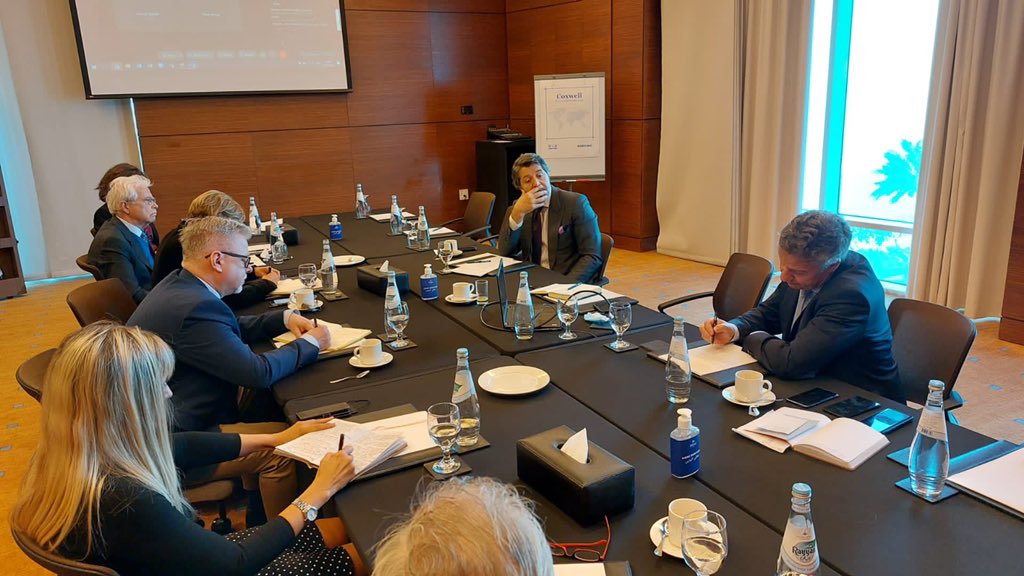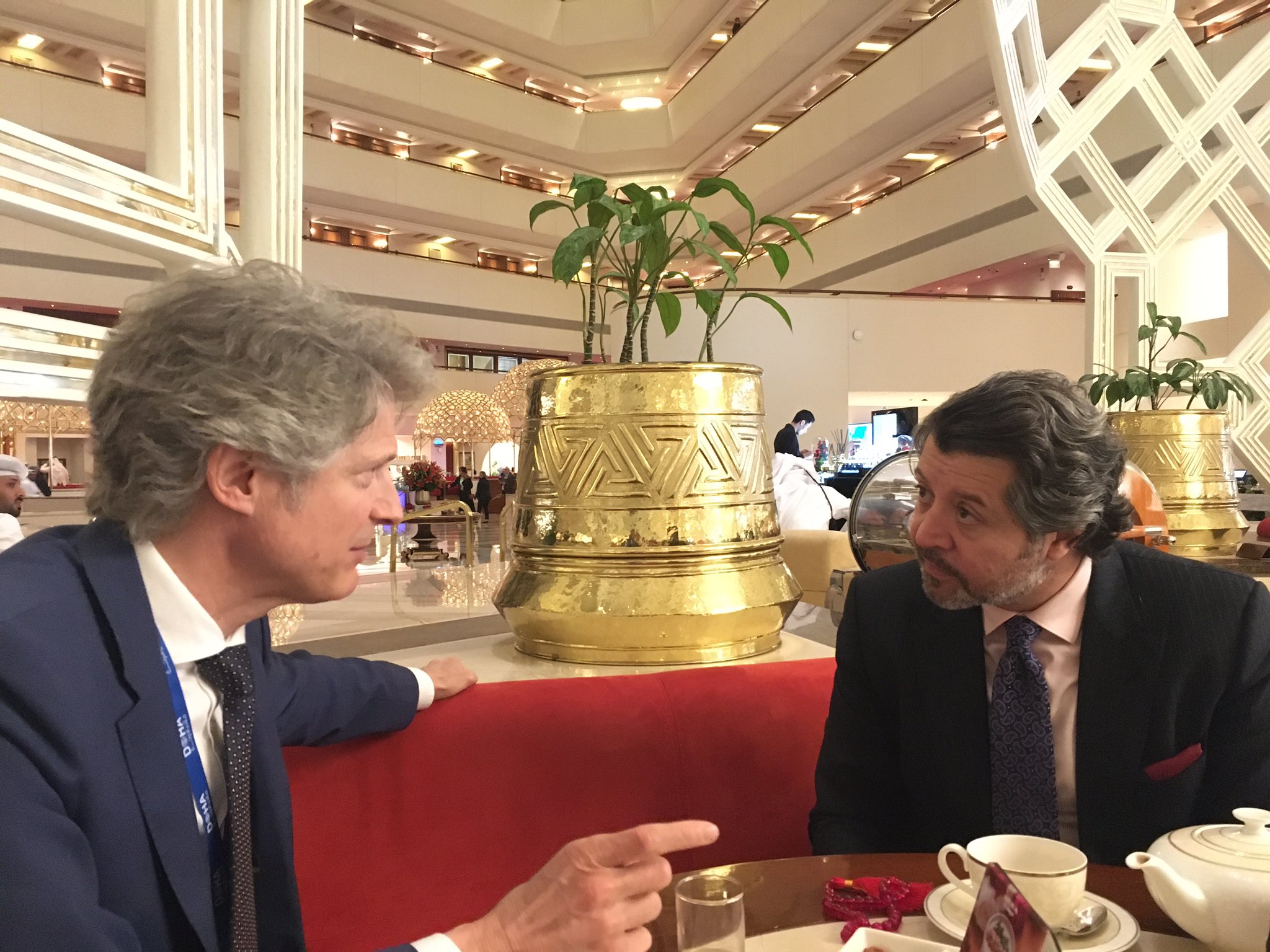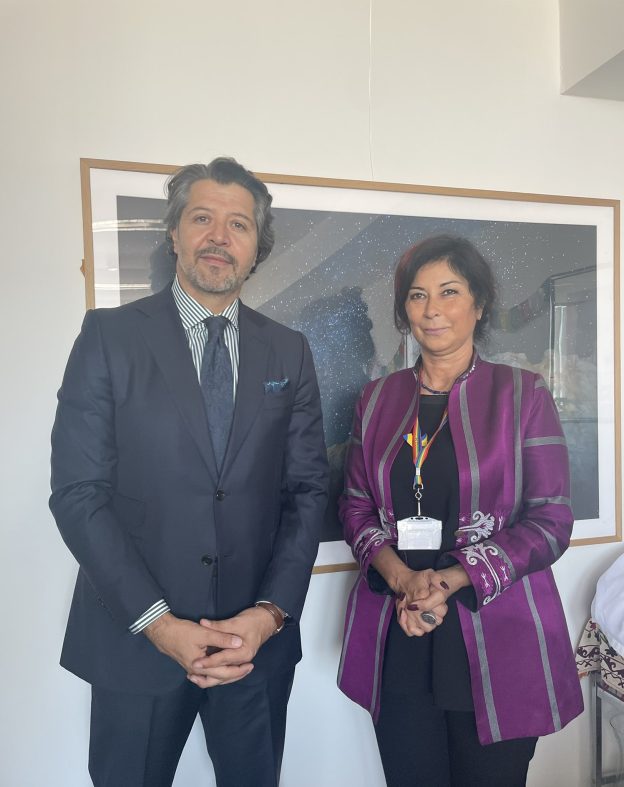Nov 18, 2008
The Centre for Conflict and Peace Studies (CAPS) participated in the 4th Plenary Meeting of Regional Network of Strategic Studies Center. This meeting was held in Doha, Qatar from 2-5 November, 2008 and it was hosted by the Qatar Armed Forces Strategic Studies Center. Mr. Hekmat Karzai, director of CAPS, attended the event along with Mr. Saifullah Ahmadzai, Senior Research Analyst, Mr. Abdul Halim Achakzai, Research Analyst and Mr. Hyder Akbar, Research Analyst. The topics of discussion during the Plenary Session included “Implications of Resurgent Russia on the Middle East and South Asia”, “U.S Presidential Elections: The New President’s Agenda in the Middle East and South Asia” and “Implications of a Nuclear Energy Renaissance in the Middle East and South Asia”. Aside from the Plenary Sessions, the event was broken down into several working groups. Mr. Karzai participated in the Counter-Terrorism working group and others from CAPS were involved in their own working groups.
Mr. Karzai presented a paper titled Terrorism and Counter-terrorism in Afghanistan where he highlighted the evolution and role of the following five groups: Taliban, Hizb I Islami, the Haqqani Network, Al Qaeda and Tahreek I Taliban Pakistan (TTP).
Mr. Abdul Halim Achakzai participated in the Democracy and Governance working group in which he discussed various issues such as education, gender, the role of students in the political process and the issues facing democracy in Afghanistan. Mr. Achakzai will draft a paper on the most important challenge facing democracy in Afghanistan and will present it to the next group meeting which will be held in Jordan in February 2009. The paper will be put together with work from other participants and will be collected and drafted into a book. The book will be published in two languages (Arabic & English) and will be titled as The Challenges to the Democracy in the NESA Region.
Mr. Saifullah Ahmadzai was a part of the Non-traditional Security Issues working group where various issues related to NTSI were discussed such as disaster management, small arms and light weapons and drug trafficking. Mr. Ahmadzai actively took part in the discussion and also presented his draft case study on “Small Arms and Light Weapons in Afghanistan” to the NTSI working group meeting. The complete paper is going to be presented in the next meeting scheduled to be held in Jordon at the end of February 2009 and will be published in the future.
Mr. Hyder Akbar was involved in the Weapons of Mass Destruction and Border Security working group where they discussed various issues: the building of civilian nuclear programs; trying to acquire military capabilities using Iran as a case study; and confidence building measures for transparency. Mr. Akbar presented an Afghan perspective and brought up the positive role that Afghanistan can play, with a focus on engaging Iran. He will be working on a paper that will deal with the border issues between Afghanistan and Pakistan and the impact it has had on the War on Terrorism. The paper will be presented during the next meeting, which is scheduled to be held in February 2009.





Leave A Comment